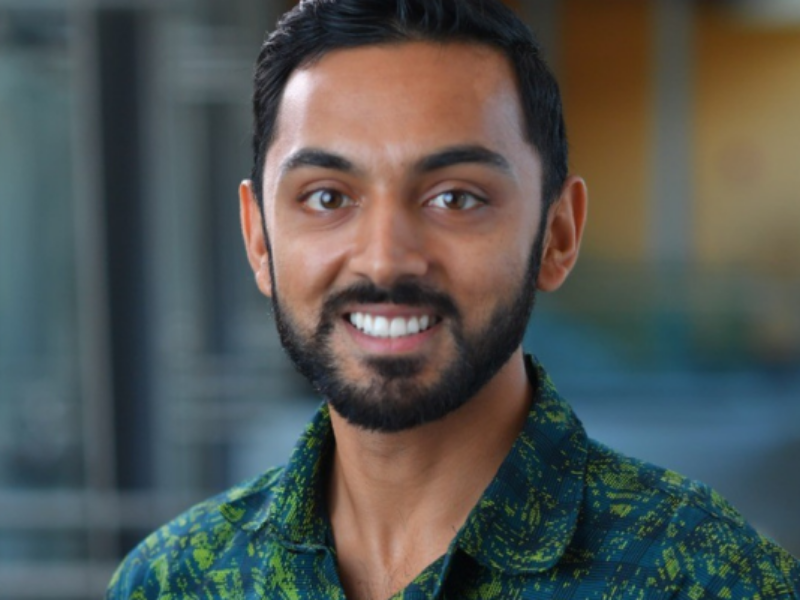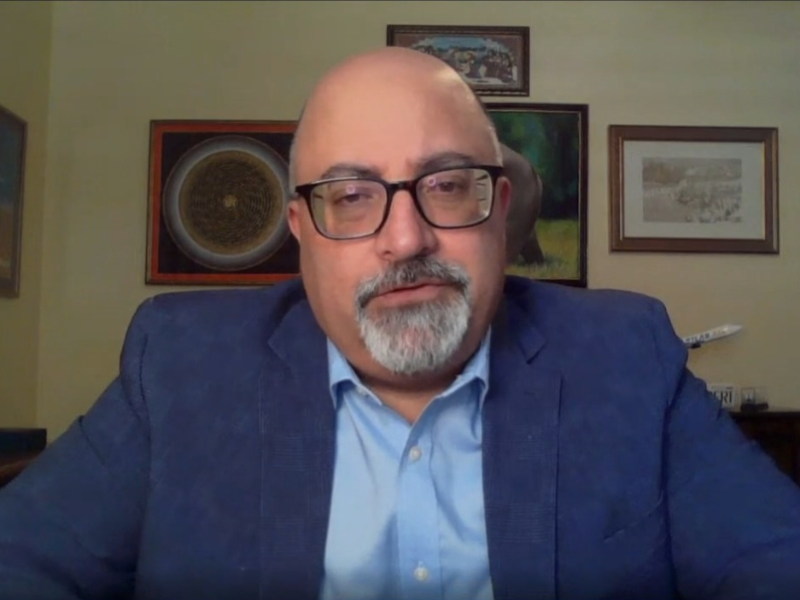Indian-origin neuroscientist joins OpenAI
Jagadeesh will focus on ensuring that AI systems are reliable and aligned with human values.
 Akshay Jagadeesh / LinkedIn (Akshay Jagadeesh)
Akshay Jagadeesh / LinkedIn (Akshay Jagadeesh)
Indian-origin neuroscientist Akshay Jagadeesh joined OpenAI as a research resident, marking his transition from academia to one of the world’s leading artificial intelligence research organizations.
Jagadeesh announced the appointment in a post on X, writing that he was “thrilled” to begin this new chapter after nearly a decade of studying the human brain. At OpenAI, he will focus on advancing safety research and exploring applications of artificial intelligence in healthcare and medicine.
Also read: OpenAI appoints Vijaye Raji CTO of applications
“I’ve joined @OpenAI as a research resident, focusing on safety research and AI for health. After nearly 10 years studying the brain, I’m excited for this next chapter building AGI to accelerate medical progress and scientific research,” he wrote.
In a statement on LinkedIn, Jagadeesh elaborated on his new role at OpenAI, saying his efforts would concentrate on ensuring that AI systems are reliable, aligned with human values, and safe to deploy, while also investigating how artificial intelligence can accelerate scientific discovery in health and medicine. He emphasized his motivation to translate insights from neuroscience into the development of AI systems that contribute meaningfully to human well-being.
Jagadeesh earned his doctorate in psychology and computational cognitive neuroscience from Stanford University in 2022.His doctoral research examined how attention enhances visual perception and the neural representation of textures, while also drawing comparisons with artificial neural networks. His work was published in leading journals and conferences including PNAS and NeurIPS.
Following his doctorate, Jagadeesh pursued a postdoctoral fellowship at Harvard Medical School, where he worked on visual perception and neural representations, including the study of texture biases in primates and artificial models. Prior to this, he held research appointments at the University of California, Berkeley, and Humboldt University in Berlin.
I’m thrilled to share that I’ve joined @OpenAI as a research resident, focusing on safety research and AI for health.
— Akshay Jagadeesh (@akjags) September 7, 2025
After nearly 10 years studying the brain, I’m excited for this next chapter building AGI to accelerate medical progress and scientific research! #feeltheagi

1749497506.png) Malvika Choudhary
Malvika Choudhary






.JPG)






.jpg)

Comments
Start the conversation
Become a member of New India Abroad to start commenting.
Sign Up Now
Already have an account? Login